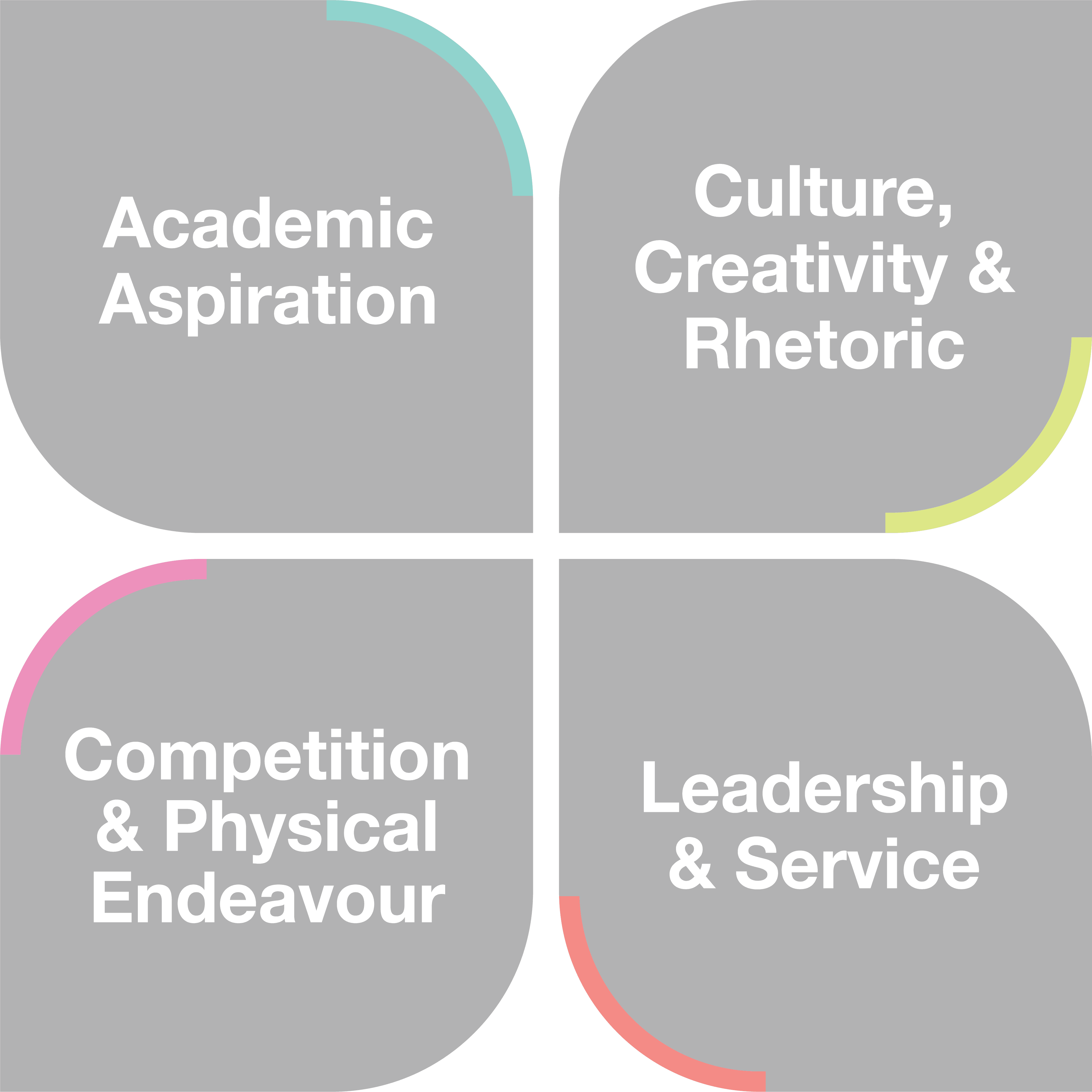Academic Enhancement and Aspirations (AE&A)

We want our students to be able to thrive in whatever future pathway or career they choose. We offer this wide ranging preparation by giving students opportunities and experiences that would not otherwise be accessible to some students.
In order for our students to open the door to the future of their choice, it is paramount that we also assist them in recognising the full spectrum of choices that are available to them.
The key aims of the AE&A programme at Cheadle Hulme Sixth Form are:
- To assist students with accessing both broader and more in depth knowledge within their chosen areas
- To ensure that students maintain a broad outlook outside of their studies and are aware of current affairs
- To prepare students for interview processes, either for universities, higher apprenticeships or jobs
- To give students access to specialist preparation for entry to the most prestigious universities
Electives
Our Electives programme is carefully planned around the Four Cornerstones to help students develop new and wide-ranging interests. Students will build an electives curriculum in addition to their A Level subject choices. The electives programme is refreshed each term, please click the toggle below to see a list of potential electives.
Electives
- Oxbridge and Competitive University Entry
- Music
- Gold Duke of Edinburgh Award
- Photography
- Write Club!
- Medicine, Dentistry and Veterinary Science
- Architectural Design and The Built Environment
- Spanish for Beginners
- Badminton/Table Tennis
- Football
- Dance
- Fitness
- Chess and Board Games
- Investor Challenge
- Mindfulness
- Journalism Club
- Art History
- Extended Project Qualification (EPQ)
- Philosophy and Film
- Crime and Confession
- Oil Painting
- Problem Solving
- The World Around Us
- Charity Begins at School!
- Big Inventor Challenge
- Expressive Portraiture – Ceramics
- Office Ready!
- Cultures and You
- Model United Nations
- Design: Create a mini computer
- History belongs to us all
- Italian for Beginners
- Bar Mock Trial
- Law Society
Other Opportunities
In addition, students will enrich their curriculum with a variety of possible choices, including:
- Sport for All
- Mentoring
- Volunteering
- Charity events
- TED Talks
together with a host of other possibilities offered within each subject area each year.
Super Curricular
What is ‘super-curricular’?
‘Super-curricular’ activities are educational activities which go above and beyond the school curriculum. These activities are a step into academic working and will enable you to discuss your academic passions with those around you. This work will also help you when it comes to making academic applications, having interviews and participating in academic discussions.
What does ‘super-curricular look like’?
It can be anything from podcasts, documentaries, trips to a museum, books, magazines, online programmes, MOOCS, TED talks, webinars and so much more. Best of all – many of these things are free and accessible to all.
What is the value of ‘super-curricular’?
If you are enjoying your super-curricular work, this will highlight that you have chosen the right academic path. If it doesn’t feel quite right, it might help you to re-align your interests and decide to embark upon a different path for the next stage of your education. Engaging with super-curricular will help to enhance your independent learning skills and enable you to think critically about the things you engage with. It is always good to consider why you are interested in a particular topic, what more you’d like to know about it and how your opinion has changed or stayed the same as a result of the super-curricular you have enjoyed.
Subject teachers can provide advice on where to start with super curricular reading if students are unsure.
Apertura
September 2020 saw the launch of the Apertura programme at Cheadle Hulme High School.
Taking its name from Latin, meaning “opportunities about to open”, Apertura is a Laurus super-curricular programme designed to expose high achieving students to academic dialogue and independent research in preparation for applications to competitive universities such as Oxford and Cambridge.
Through lectures from visiting academics, small group supervisions and independent research, Apertura students are widely engaged in academic thought and conversation.
The programme of study is broad and is designed to afford freedom for students, lecturers and supervisors. Apertura students will encounter and investigate a variety of topics taken from different subjects across three strands, each year.
The three strands of Apertura
Social Sciences
(Human Society & Interpersonal Relationships)
- Justice
- Law
- Economics
- Psychology
- Politics
- Sociology
- Anthropology
Physical Sciences & Maths
(Practical & Philosophical Knowledge)
- Chemistry
- Physics
- Geology
- Philosophy
- Astronomy
- Logic
- Biology
Humanities
(Human Culture)
- History of Art
- Linguistics / Languages
- Ethics
- Gospel
- Comparative Literature
- English Literature
- Classics
- History
- Geography
- Architecture
- Theology
- Musical Appreciation